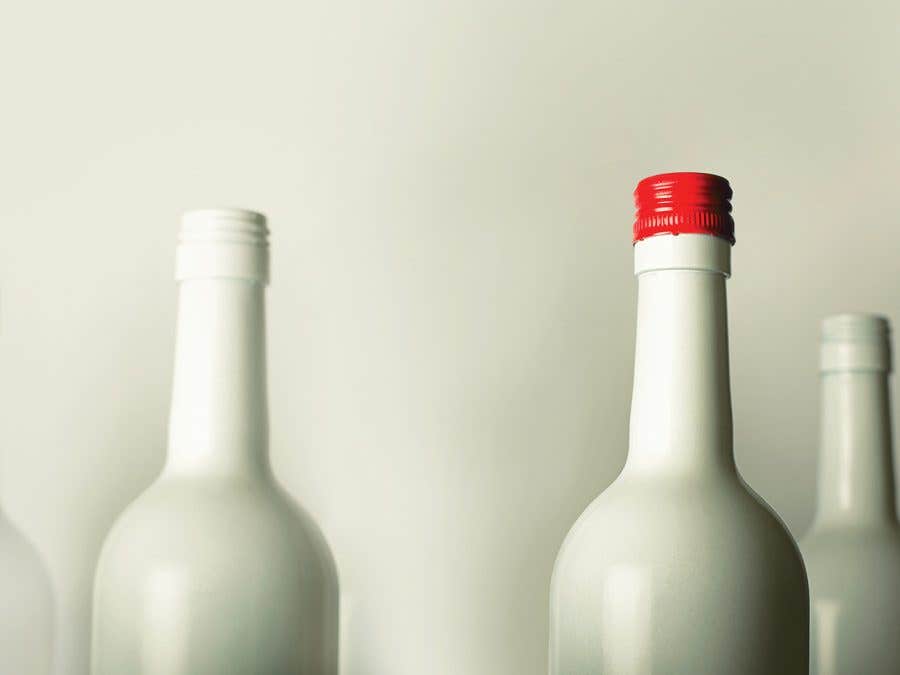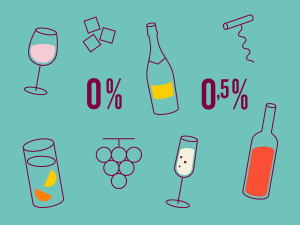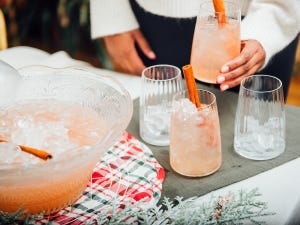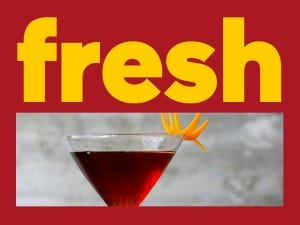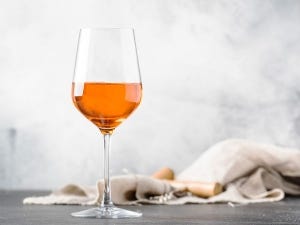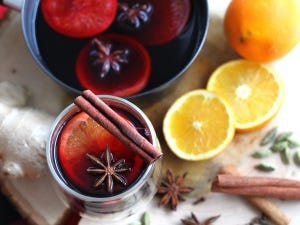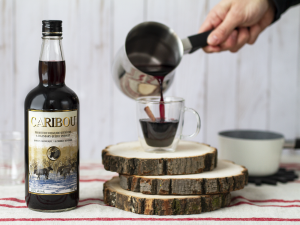Practical and reliable
Natural corks remain the preferred wine stoppers throughout the world, but winemakers are increasingly choosing synthetic stoppers, technical or agglomerated corks, even screw-tops. These days, screw-tops are used to seal an estimated 25 to 30 percent of bottles sold globally, and are praised for their ease of use and reliability.
No corked wine
We’ll doubtless miss the romantic popping sound of a pulled cork, but the advantage of not having to use a corkscrew cannot be discounted – whether at home, in a restaurant or on a picnic. And just imagine – no more corked wine, that perennial concern with natural cork! Nevertheless, remember that a damaged screw-top can lead to oxidation, and young bottles can sometimes absorb a reductive smell (reminiscent of burned matches or smoke), but generally speaking, such problems are very rare.
Superior wines go screw-top
Despite their advantages, some people still consider screw-tops as an indication of inferior quality. Widely used for inexpensive wines, they’ve now begun to appear across the board, including on cellar wines. In New Zealand, 90 percent, and in Australia, 70 percent of all bottles are sealed this way. The top wineries show no qualms about using screw-tops for their finest cuvées, including cellaring-quality Pinots Noirs and Shiraz priced at $50 or even $100 a bottle.
A matter of personal preference
Screwtops have been around for decades now, and several convincing tastings have clearly demonstrated that wines using this closure retain an exceptional freshness over the long term. For some, it’s almost overkill because screw-tops can be so airtight that they can prevent the wine from evolving and developing the kind of complex, nuanced bouquet that would have resulted from slow oxidation under a natural cork stopper. On the other hand, you might argue that slow evolution is preferable to discovering, 20 years later, that a favourite grand cru is corked and undrinkable! In the end, it’s more a matter of feelings and stylistic preferences than of wine quality.
Question from a social media fan
"Are spirits still drinkable even if a bottle has been left inside a cupboard for a long time?"
Our expert replies:
"There’s no problem if the bottle hasn’t been opened. Given their high alcohol content, spirits will keep for a long time. But unlike wines, they won’t improve when cellared for several years. Cream liqueurs, on the other hand, have an expiration date and must be kept in the refrigerator."
 Access to SAQ Inspire personalized services and store inventories are unavailable at the moment.
Access to SAQ Inspire personalized services and store inventories are unavailable at the moment. Free in-store delivery with purchases of $75+ in an estimated 3 to 5 business days.
Free in-store delivery with purchases of $75+ in an estimated 3 to 5 business days. 
